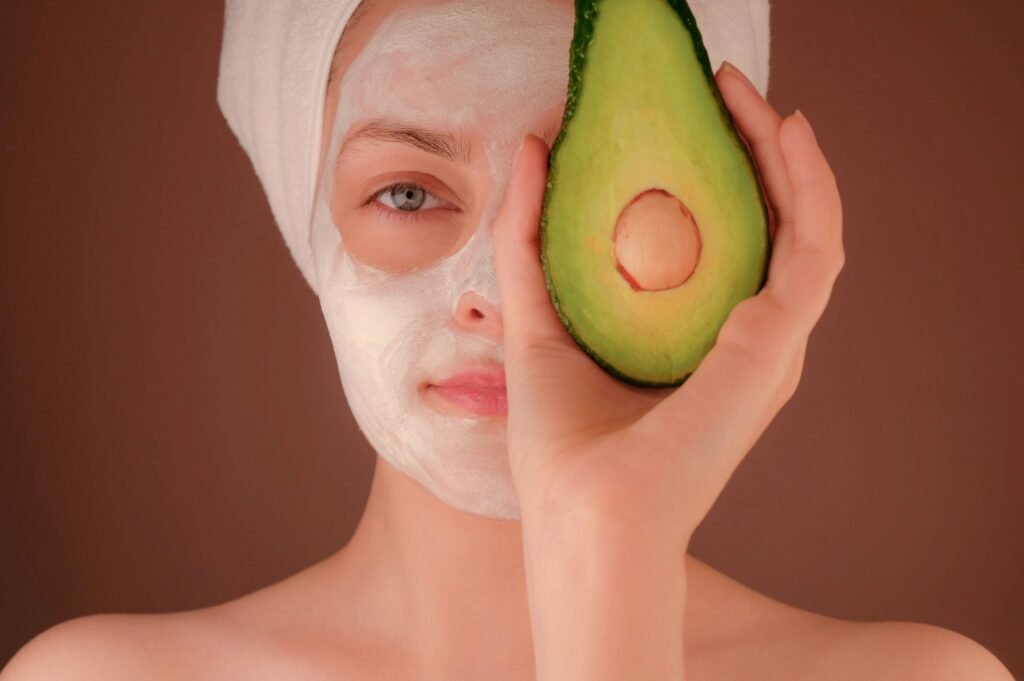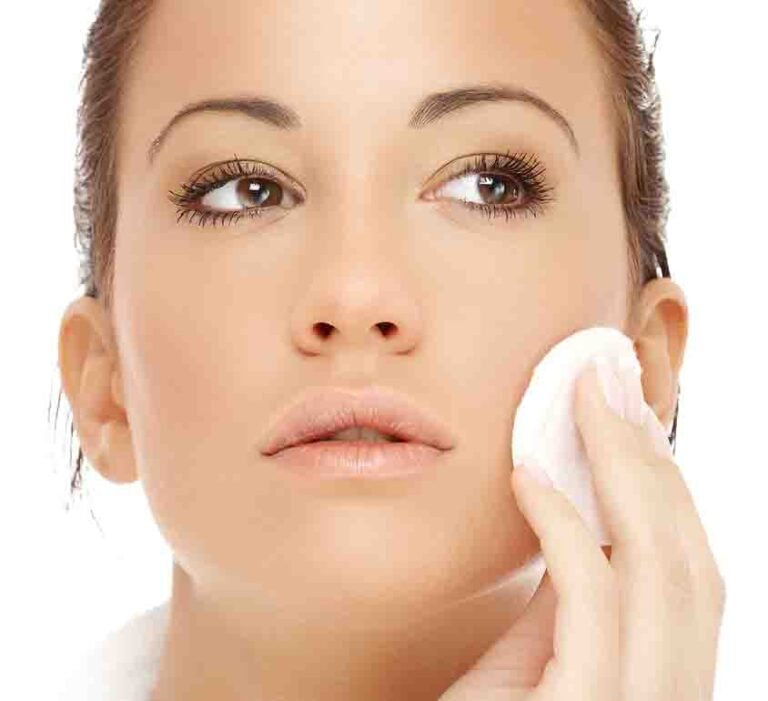In recent years, TikTok has become a hub for skincare enthusiasts, influencers, and self-proclaimed experts sharing their latest skincare routines and product recommendations. While some TikTok skincare trends offer valuable insights and advice, others may do more harm than good.
As a board-certified dermatologist, I’ve seen firsthand the impact of skincare trends on my patients’ skin health. In this article, I’ll delve into some TikTok skincare trends to avoid, providing insights and explanations to help you make informed decisions about your skincare routine.
The Rise of TikTok Skincare Trends
TikTok has revolutionised the way we consume content, including skincare advice. With short, snappy videos and a vast array of creators, TikTok has become a go-to platform for skincare enthusiasts seeking advice, product recommendations, and DIY skincare hacks. While some TikTok skincare trends are backed by science and dermatological expertise, others may lack credibility or could potentially harm your skin.

Trend #1: DIY Skincare Recipes
One prevalent TikTok skincare trend involves DIY skincare recipes using ingredients commonly found in the kitchen, such as lemon juice, baking soda, and sugar. While these ingredients may seem harmless, they can be abrasive and irritating to the skin, leading to redness, inflammation, and even chemical burns.
Expert Insight: As a dermatologist, I caution against DIY skincare recipes that lack scientific evidence and may cause more harm than good. While some natural ingredients have skincare benefits, it’s essential to use them safely and in appropriate concentrations. Instead of experimenting with DIY recipes, opt for skincare products formulated by reputable brands and backed by scientific research.
Trend #2: Over-Exfoliation
Exfoliation is an essential step in any skincare routine, helping to remove dead skin cells and promote cell turnover. However, over-exfoliation, often promoted on TikTok as a way to achieve smoother, clearer skin, can disrupt the skin’s natural barrier and lead to irritation, sensitivity, and increased risk of sun damage.
Expert Insight: As a dermatologist, I recommend gentle exfoliation no more than two to three times per week for most skin types. Look for exfoliating products containing ingredients like alpha hydroxy acids (AHAs) or beta hydroxy acids (BHAs), and avoid harsh physical exfoliants like apricot scrubs or exfoliating brushes. Be mindful of your skin’s response to exfoliation and adjust your routine accordingly.
Trend #3: DIY Microneedling
Microneedling, a cosmetic procedure that involves using tiny needles to create micro-injuries in the skin, has gained popularity on TikTok as a DIY skincare hack. While professional microneedling treatments performed by trained professionals can yield impressive results, DIY microneedling devices and techniques can pose risks, including infection, scarring, and pigment changes.
Expert Insight: As a dermatologist, I strongly advise against DIY microneedling at home. Microneedling should only be performed by trained professionals in a sterile clinical setting to minimise the risk of complications. If you’re interested in microneedling, consult with a board-certified dermatologist or licensed esthetician who can assess your skin and recommend safe and effective treatment options.
Trend #4: Toothpaste Spot Treatment
Another TikTok skincare trend involves using toothpaste as a spot treatment for acne. While toothpaste contains ingredients like baking soda and fluoride that may help dry out pimples temporarily, it can also contain harsh abrasives and irritants that can worsen acne and cause redness and peeling.
Expert Insight: As a dermatologist, I do not recommend using toothpaste as a spot treatment for acne. Instead, opt for skincare products specifically formulated to target acne, such as benzoyl peroxide, salicylic acid, or sulphur-based treatments. These ingredients are designed to effectively treat acne without causing unnecessary irritation or damage to the skin.
Trend #5: Sunscreen Contouring
Sunscreen contouring, a TikTok skincare trend that involves applying sunscreen in specific patterns to create a contoured makeup look while protecting the skin from sun damage, has gained popularity among beauty enthusiasts. While the intention behind sunscreen contouring is commendable, it can result in uneven sun protection and increase the risk of sunburn and premature ageing.
Expert Insight: As a dermatologist, I advocate for applying sunscreen generously and evenly to all exposed skin areas, regardless of makeup application. Choose a broad-spectrum sunscreen with an SPF of 30 or higher and reapply every two hours, especially when spending time outdoors or engaging in activities that may cause sweating or swimming. Sunscreen is essential for protecting the skin from harmful UV rays and reducing the risk of skin cancer and premature ageing.
Are TikTok skincare trends safe to follow?
While some TikTok skincare trends may be safe and effective, others can be risky or harmful to your skin. It’s essential to approach skincare trends with caution and scepticism, especially those that lack scientific evidence or dermatological expertise. Consult with a board-certified dermatologist before trying any new skincare trend to ensure it’s safe and suitable for your skin type and concerns.
How can I distinguish between safe and risky TikTok skincare trends?
Distinguishing between safe and risky TikTok skincare trends requires critical thinking and research. Look for trends supported by scientific evidence and recommendations from reputable skin care professionals, such as dermatologists or estheticians. Be wary of trends that promise dramatic results or involve DIY treatments that may irritate or damage the skin. When in doubt, consult with a skincare professional for personalised advice and guidance.
What are some red flags to watch out for in TikTok skincare trends?
Some red flags to watch out for in TikTok skincare trends include exaggerated claims, lack of scientific evidence, and recommendations from unqualified sources. Be cautious of trends that promote DIY skincare recipes using potentially harmful ingredients or advocate for risky practices like DIY microneedling or toothpaste spot treatments. Look for skincare advice from trusted professionals who prioritise safety and efficacy.
Can TikTok skincare trends worsen existing skin conditions?
Yes, some TikTok skincare trends have the potential to worsen existing skin conditions, such as acne, eczema, or rosacea. Harsh ingredients, over-exfoliation, and DIY treatments can irritate the skin and exacerbate underlying issues. If you have sensitive skin or a pre-existing skin condition, consult with a dermatologist before trying any new skincare trend to avoid potential flare-ups or complications.
While TikTok can be a valuable resource for skincare enthusiasts seeking advice and inspiration, it’s essential to approach skincare trends with caution and scepticism. Not all TikTok skincare trends are backed by scientific evidence or dermatological expertise, and some may even pose risks to your skin health.
As a board-certified dermatologist, I encourage individuals to prioritise evidence-based skincare practices, consult with qualified skincare professionals, and listen to their skin’s unique needs and concerns. By making informed decisions about your skincare routine, you can maintain healthy, radiant skin for years to come.
To read more, Click here
